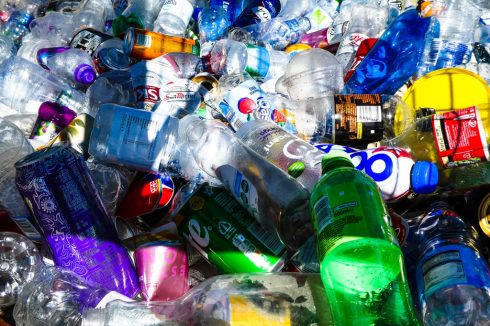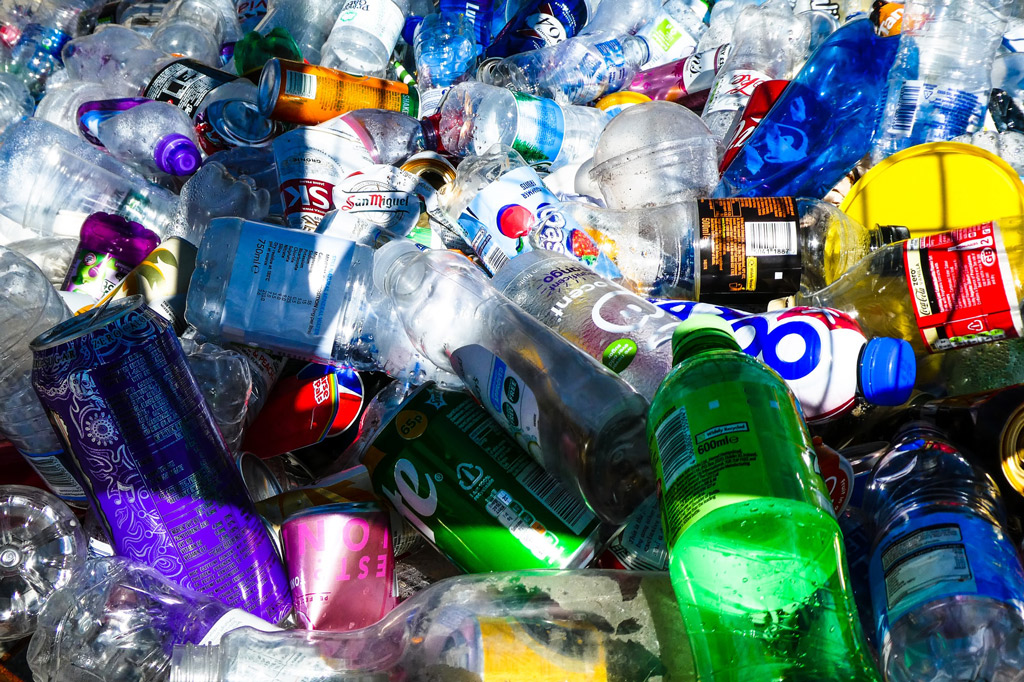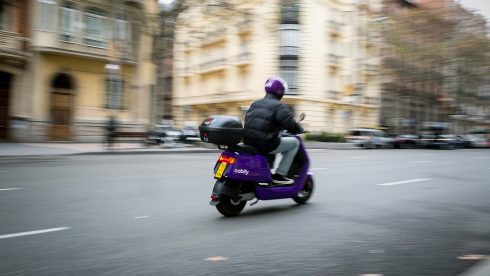THE European Parliament today gave the green light to new measures that are aimed at not only making packaging more sustainable from an environmental point of view, but also to reducing packaging waste.
Each European Union (EU) citizen generates nearly 190 kilos of packaging waste every year, according to the European Parliament, and these new rules include packaging reduction targets for countries in the bloc of 5% by 2030, 10% by 2035 and 15% by 2040.
The rules still have to be approved by the Council of the European Union, which represents member states such as Spain.
But when they come into force they will see certain single-use packaging types banned from January 1, 2030. These include packaging for fruit and vegetables, packaging for foods and beverages filled and consumed in cafés and restaurants, and very lightweight plastic carrier bags.

Packaging that is used for individual portions, such as those for sugar, condiments such as ketchup and sauces will also be banned.
The text also covers what are known as ‘forever chemicals’, which are virtually indestructible and do not completely degrade, meaning that they accumulate not just in the environment but also the human body.
The regulations approved today will see that these chemicals – per- and polyfluoroalkyl substances, known as PFAS – are not used above certain thresholds in food contact packaging.
To reduce packaging, grouped, transport and e-commerce packaging will have a maximum empty space ratio of 50%. The weight and volume of packaging will also have to be minimised both by manufacturers and importers.
What’s more, distributors of beverages and take-away food will have to offer consumers the chance to take their own container to collect their purchases. By 2030, they will also have to offer 10% of their products in a reusable packaging format.
“For the first time in an environmental law, the EU is setting targets to reduce packaging, regardless of the material used,” said rapporteur Frédérique Ries “The ban on forever chemicals in food packaging is a great victory for the health of European consumers. We now call on all industrial sectors, EU countries and consumers to play their part in the fight against excess packaging.”
According to European Parliament figures, packaging is an ever-increasing source of waste. The total generated in the EU has increased from 66 million tonnes in 2009 to 84 million tonnes in 2021.
Each European generated 188.7 kg of packaging waste in 2021, a figure that the European Parliament expects will shoot up to 209 kg in 2030 if no additional measures are taken.










Too little and probably too late. So between now and 2030, we will continue to add plastic waste to our rivers, seas and country side.
If this is the best that our European Parliament can do, they should be ashamed of themselves.